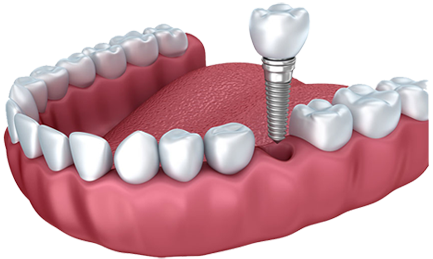It’s important for your dentist at Smiles of Naperville to fill a cavity right away to preserve the integrity of your tooth. When it comes to the types of dental fillings used, today’s patients have more choices than ever. The most common materials used for dental fillings include:
- Metal/Silver Amalgam: This was the treatment of choice to fill cavities for many years and is still popular with dentists and patients. This filling material consists of 50 percent mercury and a smaller percentage of copper, silver, tin, and zinc. Fillings are quite noticeable with this type of material, which is why some people no longer want to receive them. Silver amalgam fillings are durable enough to last for a lifetime.
- Ceramic: Also called composite and tooth-colored fillings, this type is more aesthetically pleasing than fillings comprised of metal. Although durable, one downside is that the material can be bulky when applied to your teeth. Your dentist may need to remove some of your tooth enamel in order for the ceramic filling to stay attached. Another benefit of this type of filling material is that it resists staining quite well.
- Glass Ionomers: This type of filling material combines acrylic and glass. Typically, a glass ionomer filling does not last longer than five years before requiring replacement. Some dentists reserve this option for children with cavities on their baby teeth.
- Gold: Gold fillings are uncommon due to the cost involved and the challenge of placing them in the mouth. They are also more noticeable than fillings made of ceramic or glass particles, but some patients prefer this.
At Smiles of Naperville, we encourage you to take your time considering your options for dental fillings since you are the one who has to live with them. You also need to realize that not all types of fillings may appropriate for your situation. If you have a cavity that requires filling, your dentist will present you with all options before you schedule your follow-up appointment. You should then check with your dental insurance carrier about coverage for the type of filling you prefer.









